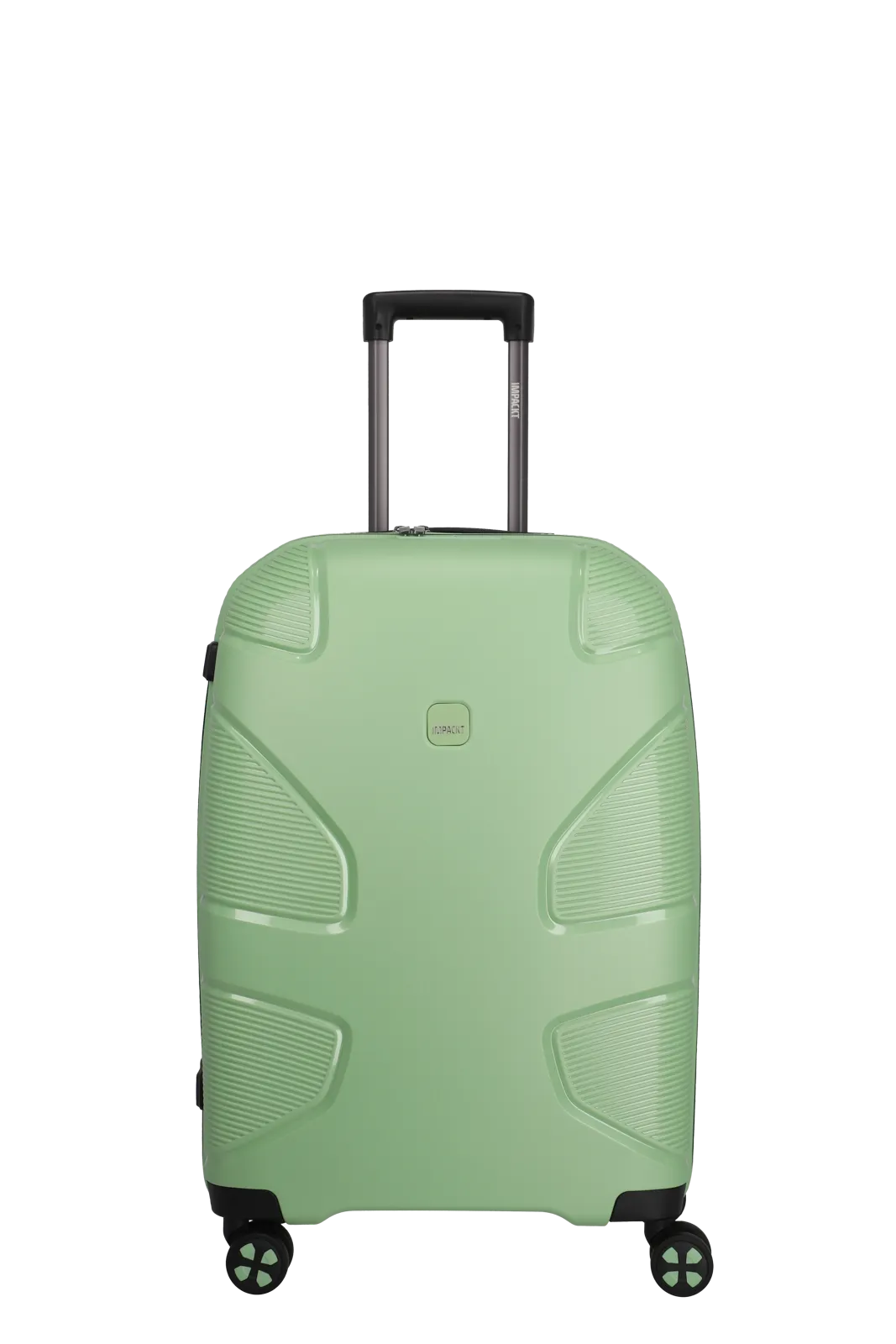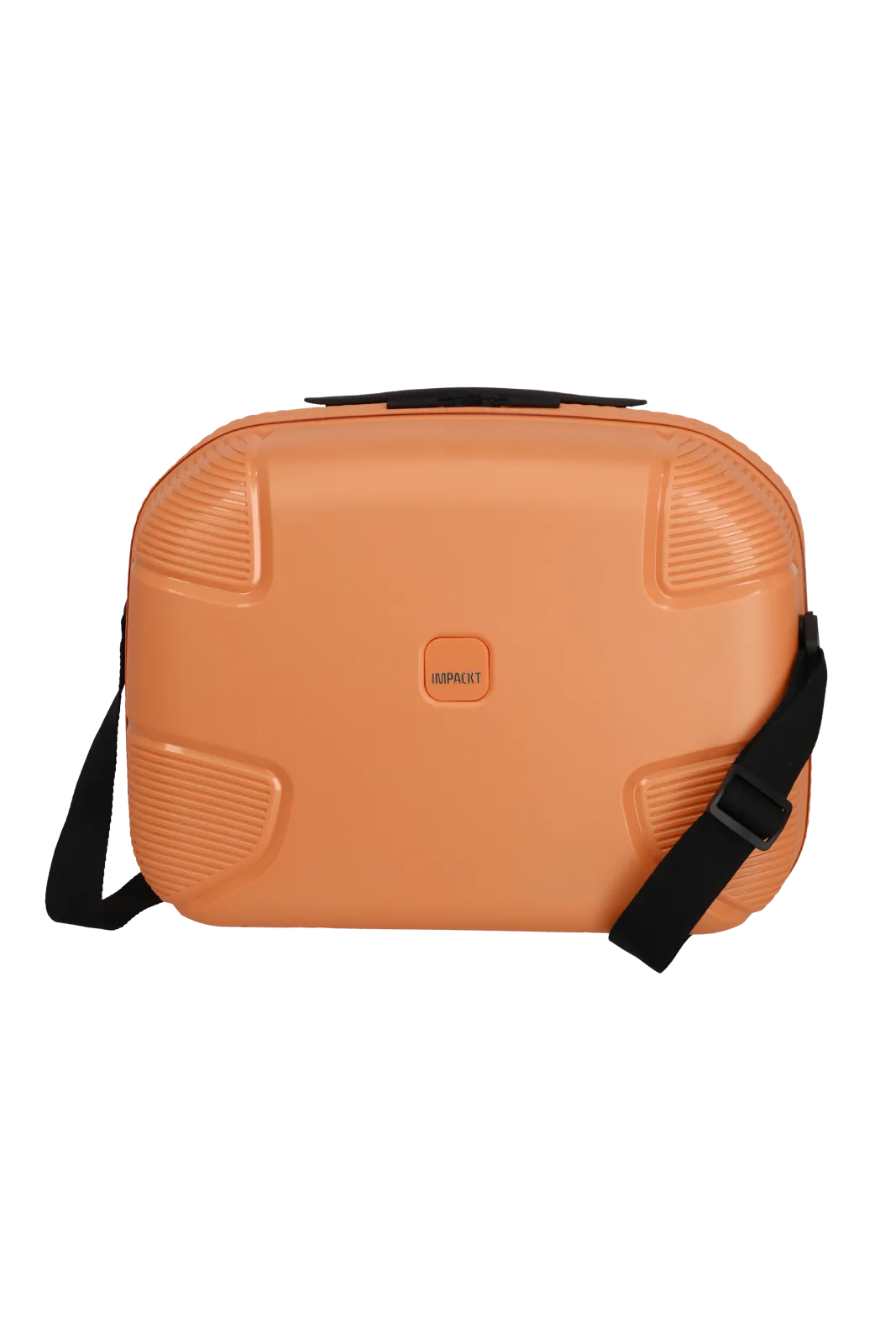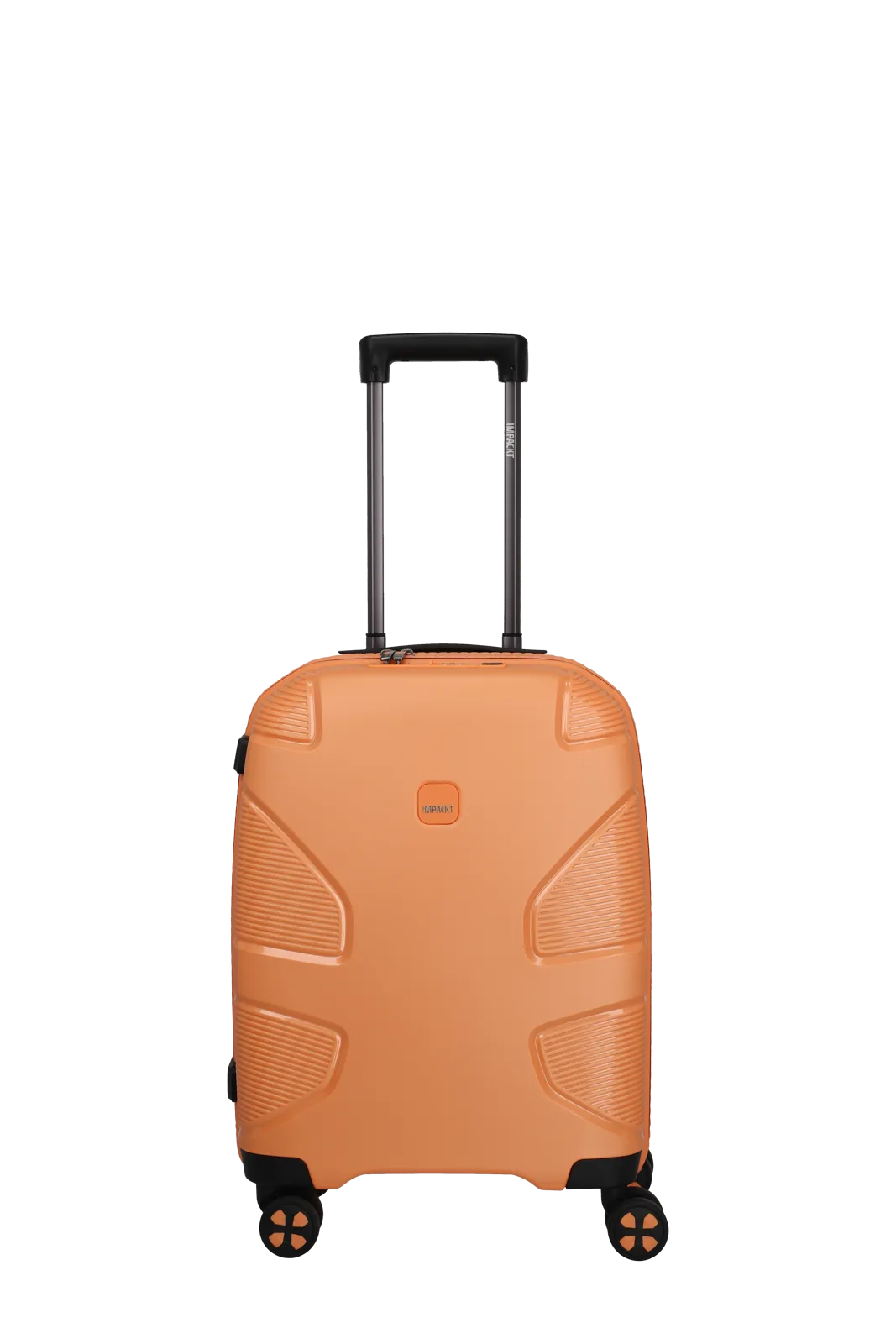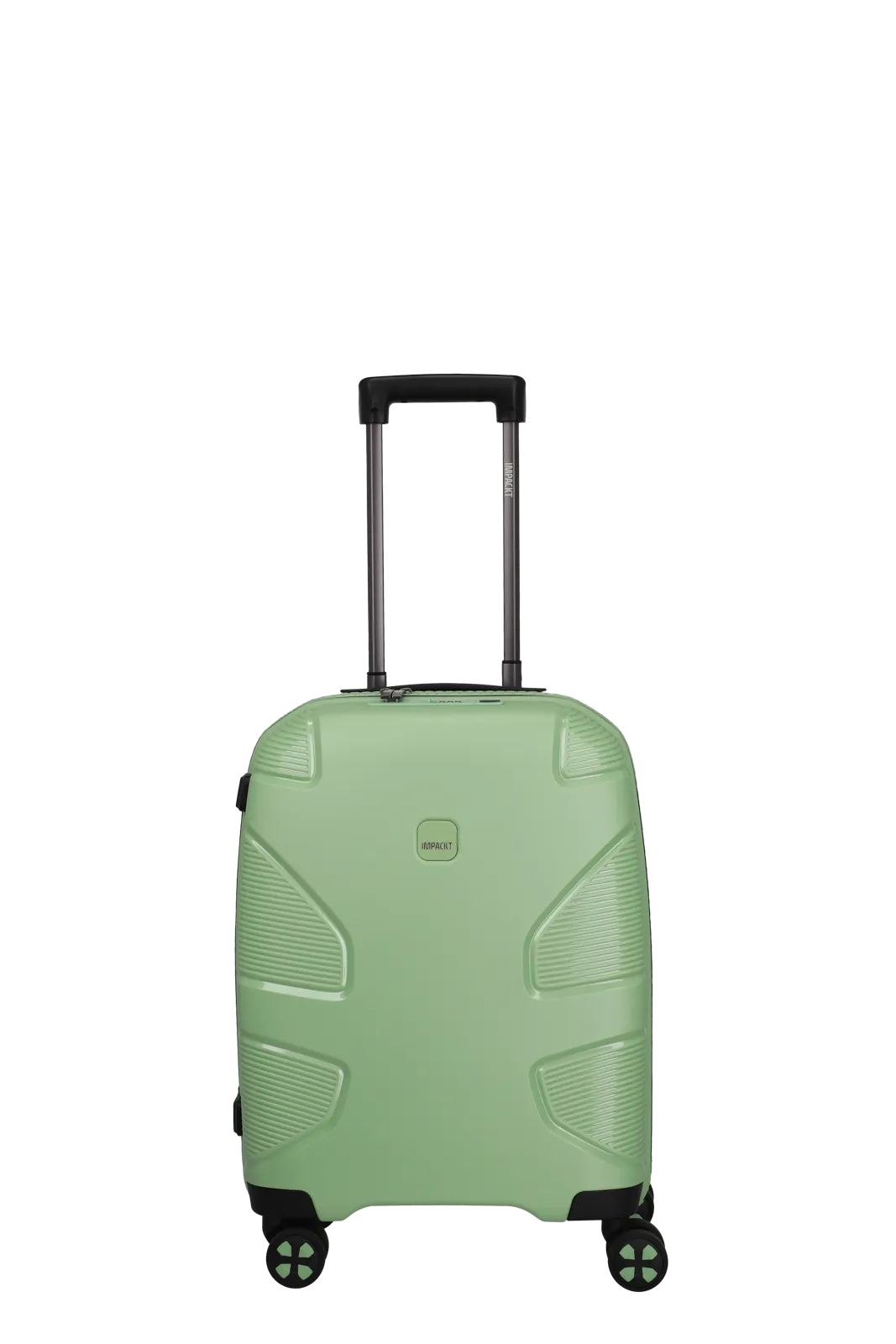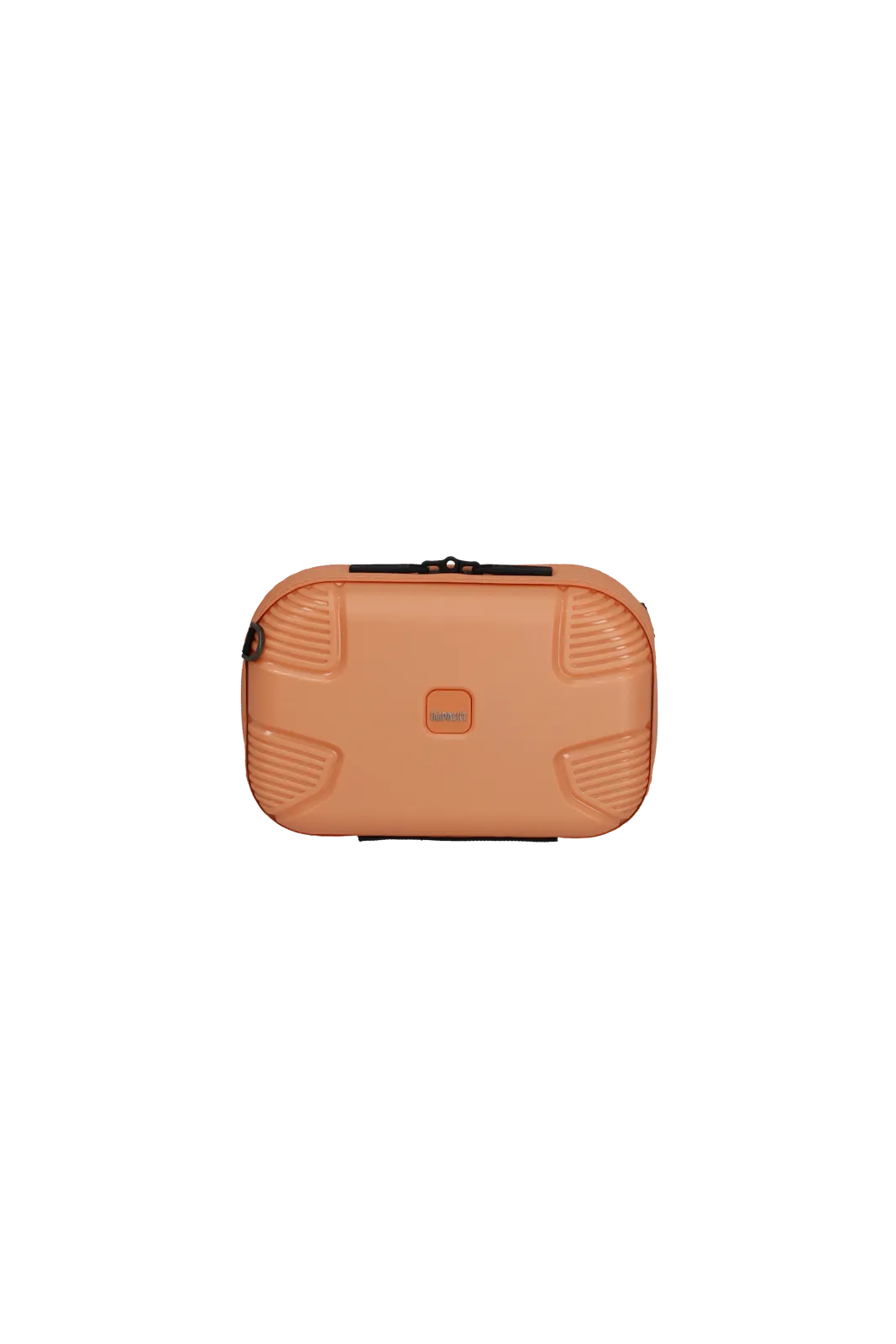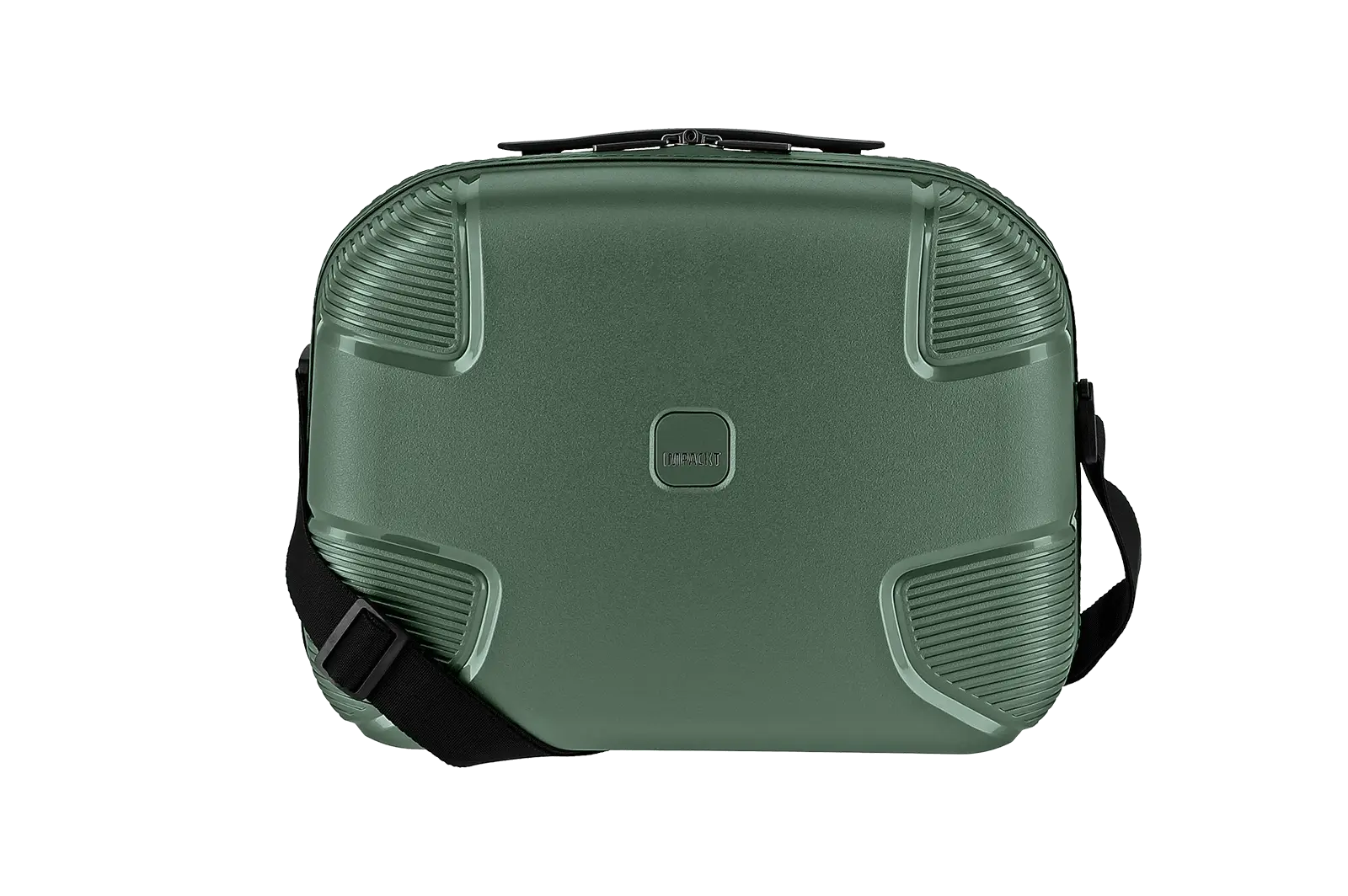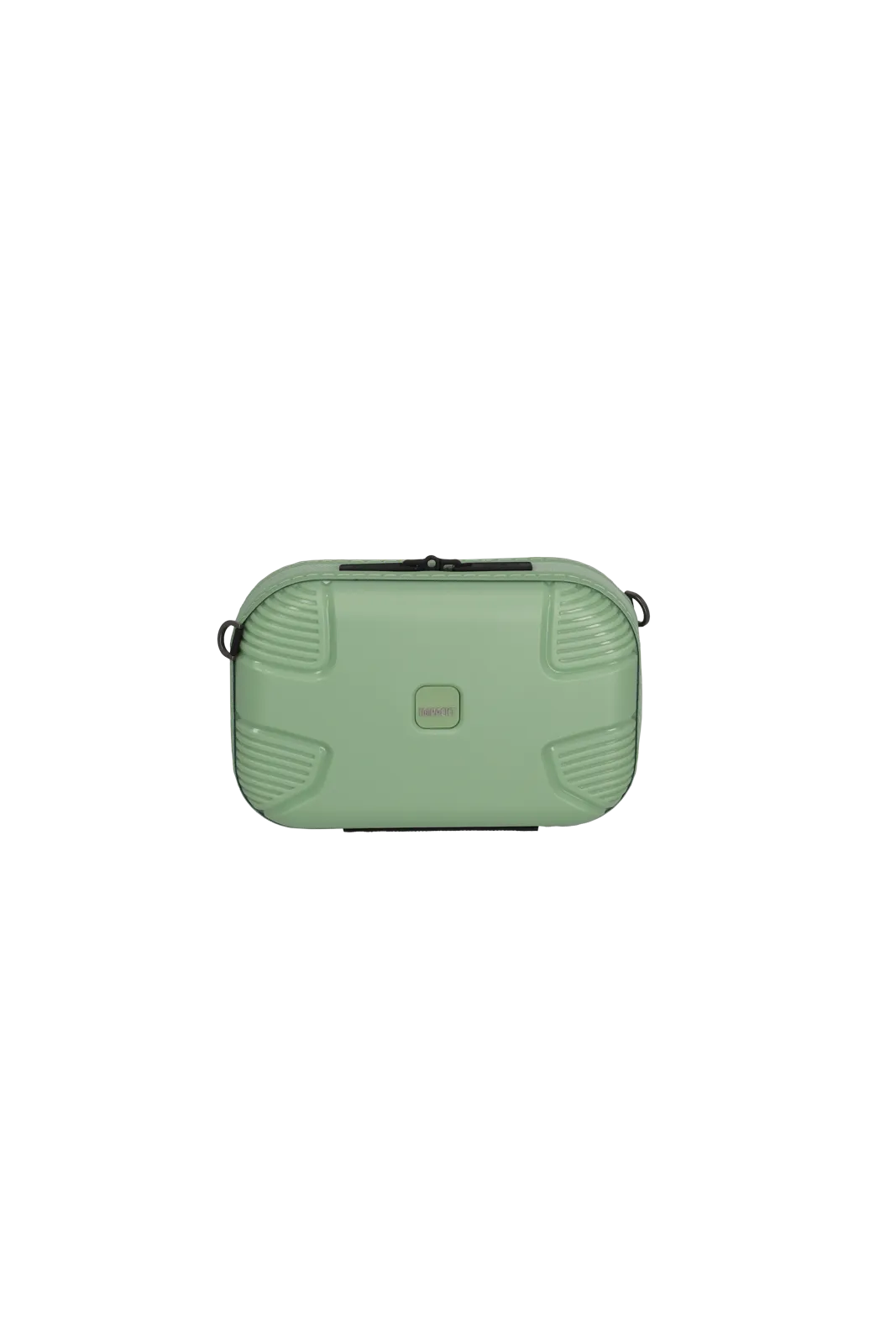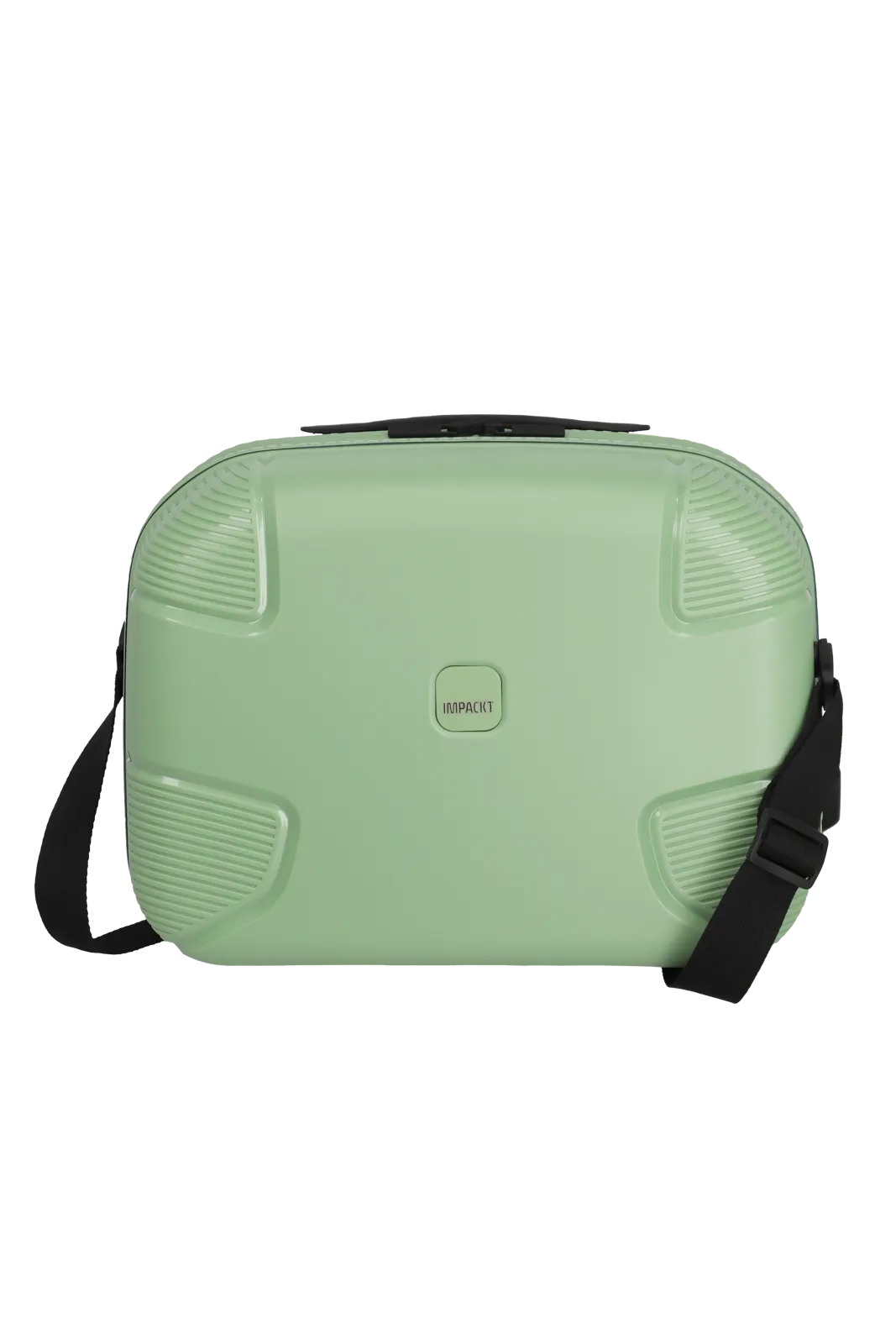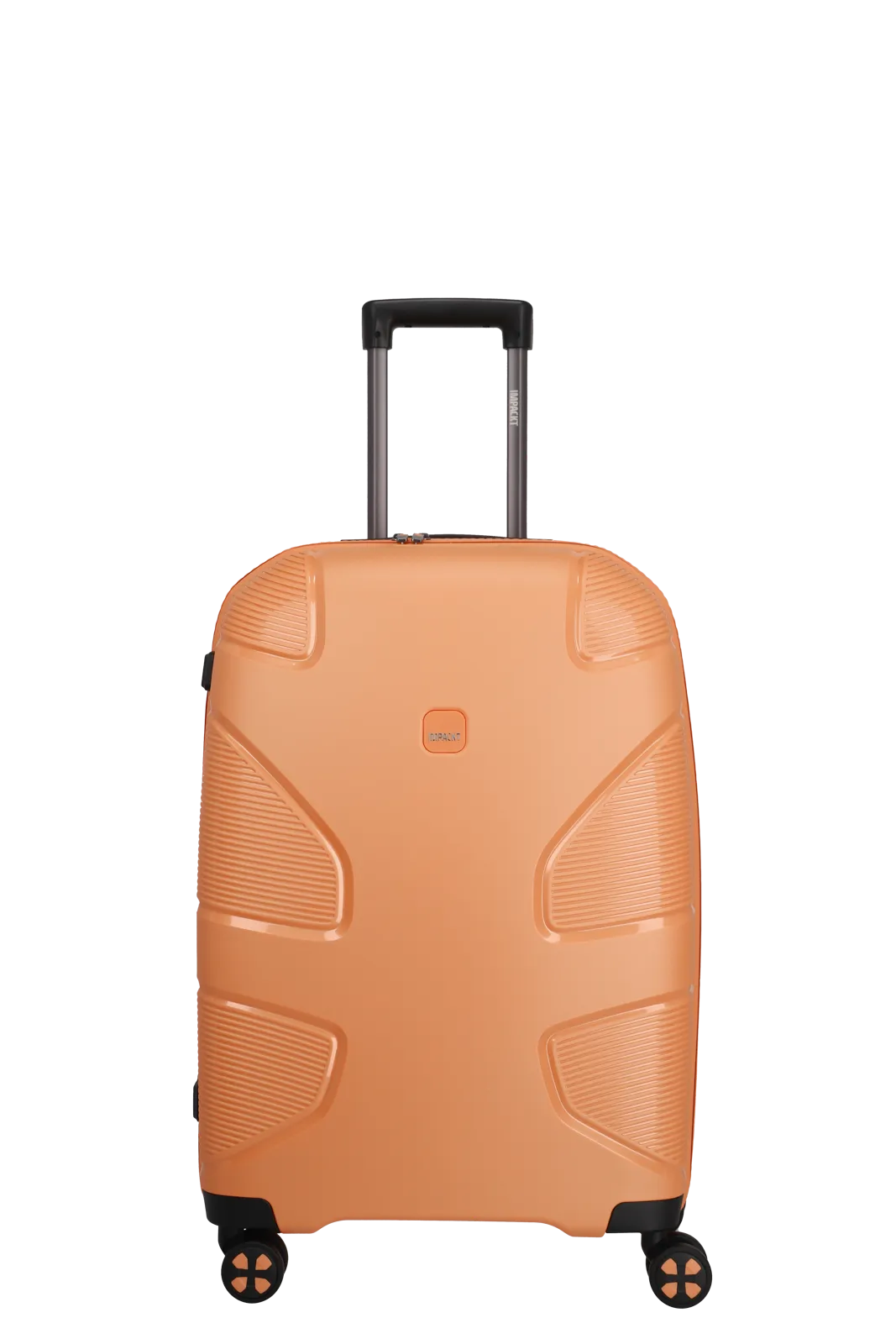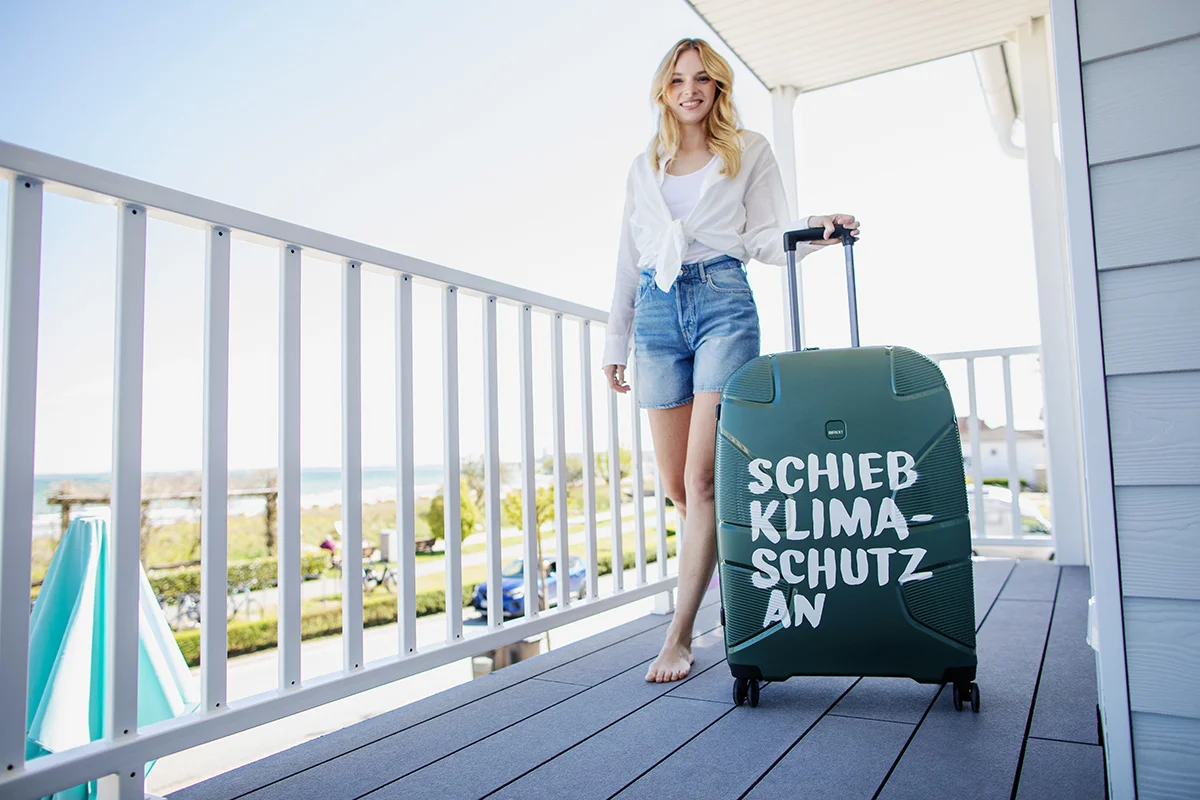

Driving climate protection: Sustainable Steps in Everyday Life
Living sustainably - without having to change your entire daily routine? That's possible. Our motto is: It's better to reach your goal in small steps than to fail with projects that are too big.
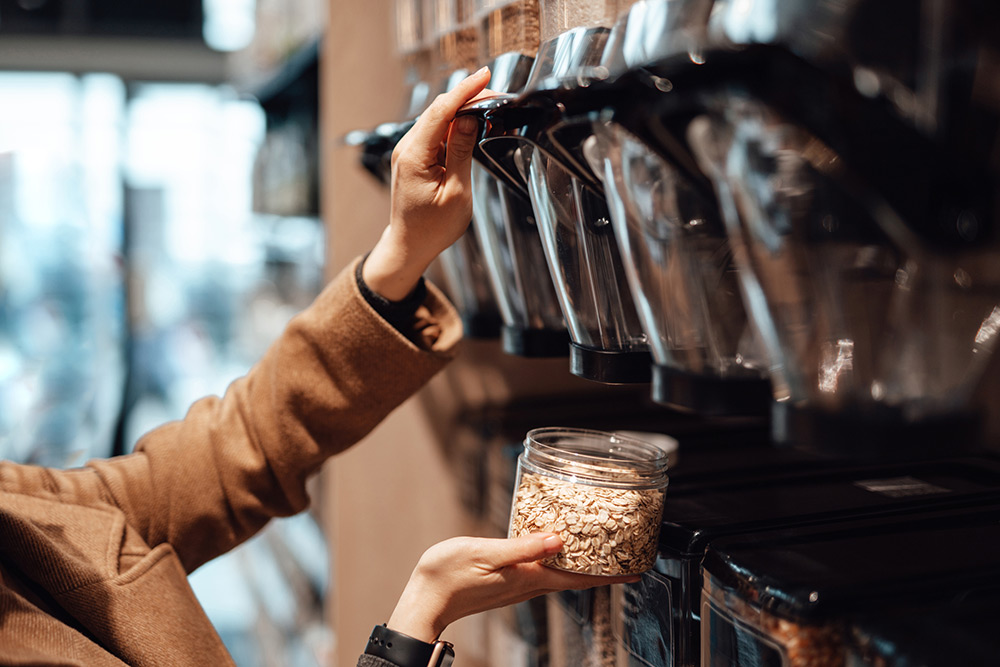
Climate protection in everyday life: Being more sustainable on the road
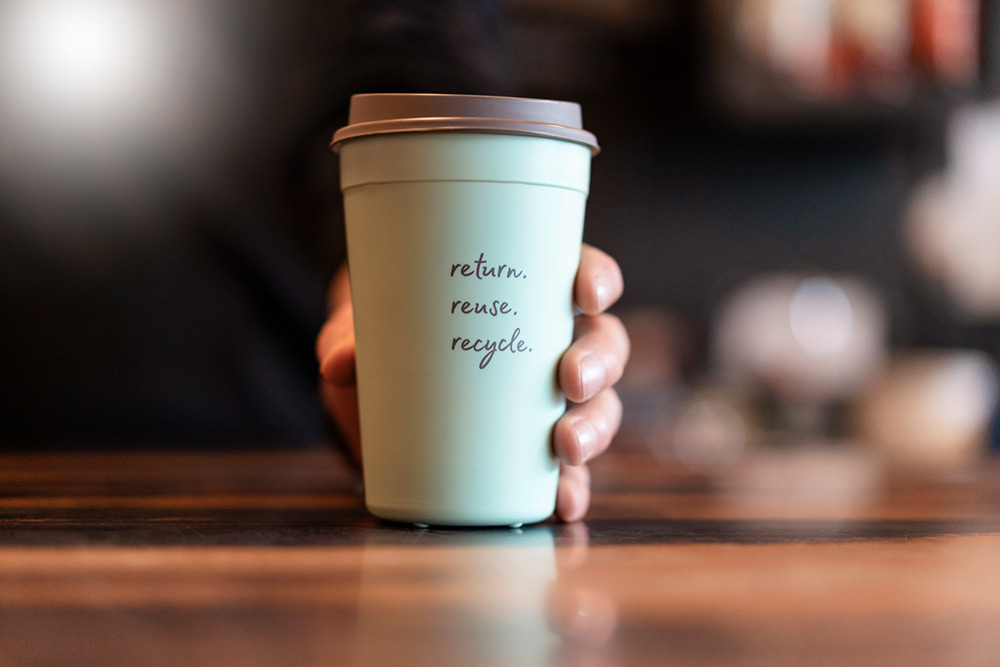
In a previous blog article, we told you how you can save CO2. And that remains an important aspect if we want to push climate protection. But now we want to broaden our "green horizon" a bit more. From zero waste to renewable energy - here are 12 tips on how you can start living more sustainably right away.
Climate protection in everyday life: shopping more sustainably
Let's start with one of our favorite activities besides traveling: eating - or even one step before. Together with you, we want to see how you can fill your kitchen cupboards as sustainably as possible without overfilling them.
Food habits: Around 12 million tons of food end up in the trash in Germany every year. That's too much. What can we do about it? Plan better and make sure when we go shopping that we choose fresh vegetables wisely. Ask yourself in the market: What can I cook from it? What components make a dish? Do I need so much of it? Don't I already have that at home?
Now please don't misunderstand that you should eat less fresh food. On the contrary: fresh products are much more resource-efficient in production than convenience food, bagged soups or muesli with freeze-dried fruits. It's more about shopping consciously and in moderation.
Packaging: A quick packaged salad from the deli counter, a plastic bag for each type of fruit and vegetable, and then soda from those cute little cans instead of the big bottle. What is convenient for us can be harmful to our climate. In one year alone, a person in Germany produces 38 kg of packaging waste. (Source: German Federal Ministry of Food and Agriculture) We can reduce this by shopping with our own reusable bags and nets made of cotton or jute, using refillable packaging and generally questioning whether everything actually has to be packaged. The skin of a banana is enough packaging, isn't it?
Unpacked stores: This is precisely the question that so-called unpacked stores are addressing. Or rather, they have already found a solution. They are fully committed to zero waste. The plastic-free shopping works in such a way that you either bring your own reusable jars from home, or you can borrow them on site. You then fill nuts, oatmeal and co. yourself. You can buy solid shampoos. And you can even get frozen products like French fries directly from the freezer into your containers and go home with them. You can find unpackaged stores in Germany on an interactive map from the Unverpackt Association.
Regional /seasonal: There is no unpacked store on your doorstep? An alternative is to go shopping regionally and seasonally. For example, you save 49% CO2 if you choose a vegan organic diet that is seasonal and regional. Find out more in this table on the subject of "Saving CO2 when eating out".

Climate protection in everyday life: Being more sustainable on the road
Now it's about how you get to the unpacked store - or anywhere else in general - in the first place. And how to travel as sustainably as possible.
Short distances: Freiburg, one of the most sustainable cities in Germany, is considered a "short-distance city". Everything here can be reached on foot or by bicycle. The result: less CO2 is produced. Well, we don't all live in Freiburg, but the distances we travel can be reconsidered in any location. Always ask yourself: Is there perhaps a shorter way that I can also do on foot? Do I really have to take the car? This not only helps our environment, but also helps you to slow down.
Combine paths: If there are no shortcuts to your routes and they are unavoidable, you can reduce your impact on the environment and stress by combining routes. You have a hair appointment at the end of the week and there's an unpacked store or supermarket next door? Your supplies will last until then? Then you can combine the two. If you go through your to-dos for the week, you will surely notice some ways where you can do two or even more things at once.
E-bike: If the walk is not feasible, and you would also get quite sweaty on the bike, think about buying an e-bike or even better: rent one. In many cities, this is possible through Swapfiets, for example. In addition, many companies now offer their employees the option of leasing a job bike. So check out the benefits offered by your employer.
Carpooling: Sure, and then there are still routes that are just too far, even with an e-bike. You have to drive several kilometers to work every morning? How about teaming up with colleagues and forming a carpool? The more people who ride together, the lower the energy consumption per person and kilometer.
To-go cups: Our last tip in this category also goes hand in hand with the zero waste movement. When you're out and about, try to avoid to-go cups for the sake of the climate. Either bring your own thermo cup or look for a café that participates in Recup. With over 21,100 drop-off and return points, Recup is Germany's largest reusable system for takeaway drinks. Simply download the app and enjoy your coffee in a more sustainable way.
Climate protection in everyday life: Living more sustainably

We've been shopping, we've been out and about. Now, if you want to bring sustainability into your own four walls, the following tips are for you. We know: For many, climate protection sounds uncomfortable at first. That's why we want to show you that sustainability can also mean comfort. Namely, the comfort that a good conscience makes everything feel a little more cozy.
Eco-furniture: Sure, if you have already furnished yourself, you should keep your current furniture. However, if you are looking for a new bed, wardrobe, table or chairs, take a look at eco-furnishings. These are products that are built as toxin-free as possible and with eco-certified, renewable raw materials. They are also designed to be absolutely durable and easy to repair if in doubt.
Green electricity: Do you know where your electricity comes from? Make sure you're not buying electricity that comes from polluting coal or nuclear power. If you want to make a difference, switch to green power, which is convinced, for example, with renewable sources such as wind, sun or water. Recommended are for example: Green Planet Energy and Naturstrom. Another way to save electricity is to unplug a device more often when you don't need it. Here we have more tips on how to save electricity in everyday life.
Electrical appliances: When buying new electrical appliances, ask yourself if you really need them. After all, every product has to be manufactured from scratch, consuming resources and increasing our carbon footprint. Do you need the crêpes maker, or don't pancakes from a frying pan taste just as good? Do you need a curling iron when you can also conjure up a lion's mane with your straightener? And do you really need a TV in your bedroom, which not only has to be produced again, but also worsens your sleep hygiene?
Driving climate protection: Where do I start?
Our 12 tips may seem like a lot at first. But as we have already said, it is important to us that we reach our goal in small steps. Therefore, pick two steps for your sustainable start that you would like to have implemented in the coming week. At the end of the week you can check: Did I make it? What was missing that I did not reach my goal?
In this way, you can gradually increase your efforts. And who knows: Maybe in just a few months you'll have added a tick to all 12 tips.

